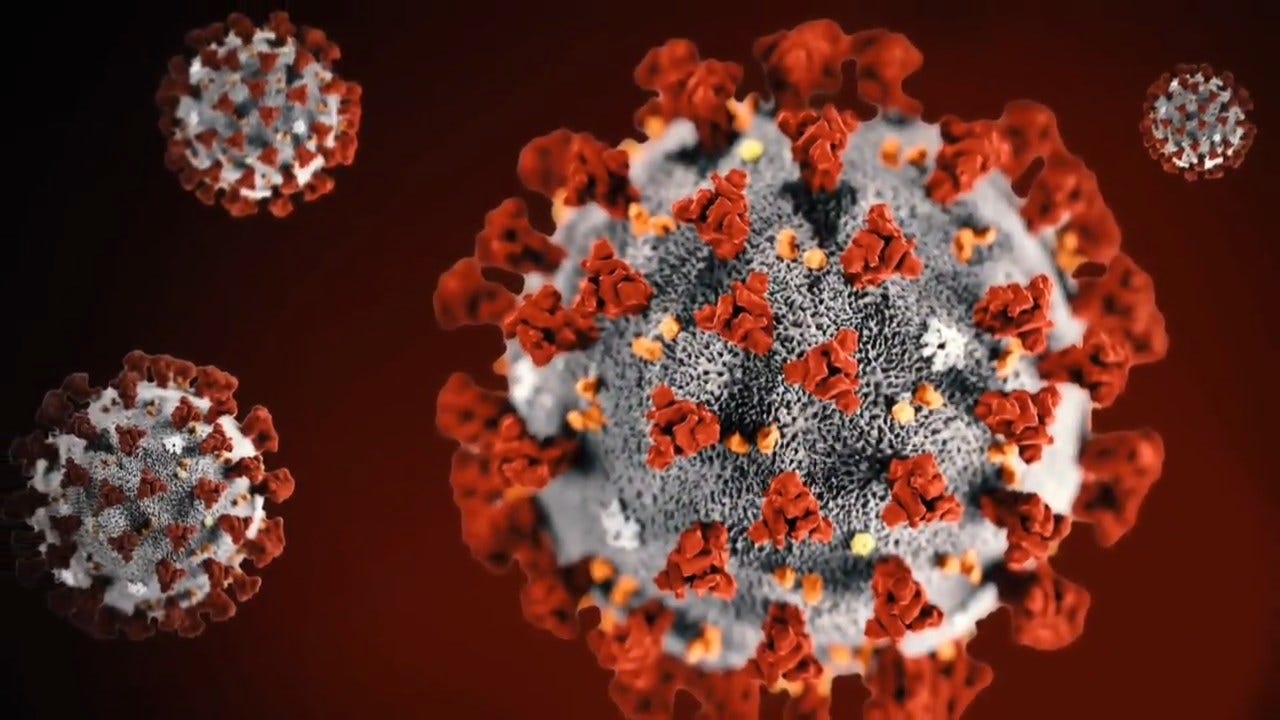Third Stimulus Check: How Soon Might You Receive A $1,400 Check?
President Joe Biden's $1.9 trillion coronavirus relief plan is moving forward, raising hopes of another round of stimulus checks for most Americans. The House passed the bill early Saturday.Saturday, February 27th 2021, 7:08 am
President Joe Biden's $1.9 trillion coronavirus relief plan is moving forward, raising hopes of another round of stimulus checks for most Americans. The House passed the bill early Saturday.
After that, the Senate is likely to take up the spending package, dubbed the American Rescue Plan, in the first week of March, although some wrinkles have emerged during negotiations. The biggest hitch is a provision in the House measure that would raise the federal minimum wage to $15 an hour by 2025. The Senate bill is unlikely to include the increase after the Senate parliamentarian ruled Thursday that the pay hike can't be included in the upper chamber's version of the relief plan.
That means the House will vote on a version that includes the minimum wage boost, while the Senate's legislation will not. Because of that discrepancy, the House will need to vote on the bill again after the Senate passes it, according to Heights Security analyst Hunter Hammond.
Yet while the loss of the wage increase is a blow to low-income workers, its removal from Senate negotiations could effectively speed up passage of the bill, analysts say.
"This decision, while disappointing to progressives, makes the calculus of passing the bill much easier for Democrats," Hammond told investors in research note. "They will avoid a difficult battle in the Senate, where two Democratic senators oppose an increase to $15/hour (though at least one of them has said he could support a smaller increase) meaning that the party could have been subject to a brutal internal fight on the topic."
The bill would also boost weekly unemployment benefits from $300 to $400; provide funding for small businesses, schools, and cities and states; offer families with kids a tax break; and boost government spending on COVID-19 testing and contact tracing.
The Senate could vote on the package late next week, with the House then casting its final vote over the weekend of March 6 or during the week of March 8, Hammond forecast. Lawmakers are seeking to pass the bill before March 14, when expanded unemployment aid of $300 per week is set to expire.
To be sure, disputes or disagreements could still derail the bill. But Democrats are using a process called budget reconciliation to pass the legislation, which means only a simple majority in the Senate is required for approval, rather than the 60 votes required by most bills to overcome a potential filibuster. In other words, Democrats don't need support from Republican senators to pass the rescue plan.
IRS timeline
If the bill is passed by March 12, the Friday before extra jobless aid is set to expire, stimulus checks could begin hitting bank accounts anywhere from a few days to a week following that, based on the IRS' time frame for distributing the second round of stimulus checks in December.
Earlier this month, the IRS said it is watching the relief bill to prepare to distribute the next round of payments. "We are keeping our eyes closely on the hill," said Ken Corbin, the chief taxpayer experience officer at the IRS, although he didn't forecast when the tax agency could distribute the checks.
The IRS relies on a taxpayer's most recent tax return to determine how much they should receive and when they might receive it. That's why some tax experts are urging taxpayers to file their returns as soon as possible, especially if they had a major life change, such as the birth of a child or the loss of a job or income last year.
Because the IRS officially started accepting tax returns on February 12 and will close the filing window on its customary date of April 15, the plan could be passed in the middle of tax filing season.
If a taxpayer doesn't file their 2020 tax returns before Congress passes its next relief bill, the agency will likely rely on their 2019 tax return to calculate their stimulus check payment — and that 2019 return might not reflect income losses during last year's economic crisis or a new child, for example. In that case, a taxpayer might not receive as much stimulus money as they are entitled to.
Income limits
A person's income is the chief determinant of whether they'll get a check, as well as the payment amount.
Like the prior two stimulus checks, the payments would amount to $1,400 for a single person or $2,800 for a married couple filing jointly. But only individuals earning up to $75,000 would get the full payments, as would married couples with incomes up to $150,000. Payments would decline for incomes above those thresholds, phasing out above $100,000 for individuals and $200,000 for married couples.
Some lawmakers have argued that the checks should be targeted to lower-income families, citing research that shows that higher-income families are rebounding from the pandemic's economic impact. But other research signals widespread financial pain throughout the nation, with the ranks of adults experiencing financial hardship last month little changed from December, according to Morning Consult economist John Leer.
A third round of $1,400 checks would allow nearly 23 million adults to pay their expenses for more than four months without going into more debt or eating into their savings, his analysis found.
"That third stimulus check is absolutely vital," Credit Karma Chief People Officer Colleen McCreary told CBS MoneyWatch. "I don't see a world where people will have their financial footing without some additional stimulus money."
First published on February 26, 2021 / 5:49 PM
© 2021 CBS Interactive Inc. All Rights Reserved.
More Like This
February 27th, 2021
February 14th, 2022
October 25th, 2021
September 20th, 2021
Top Headlines
December 15th, 2024
December 15th, 2024
December 14th, 2024









